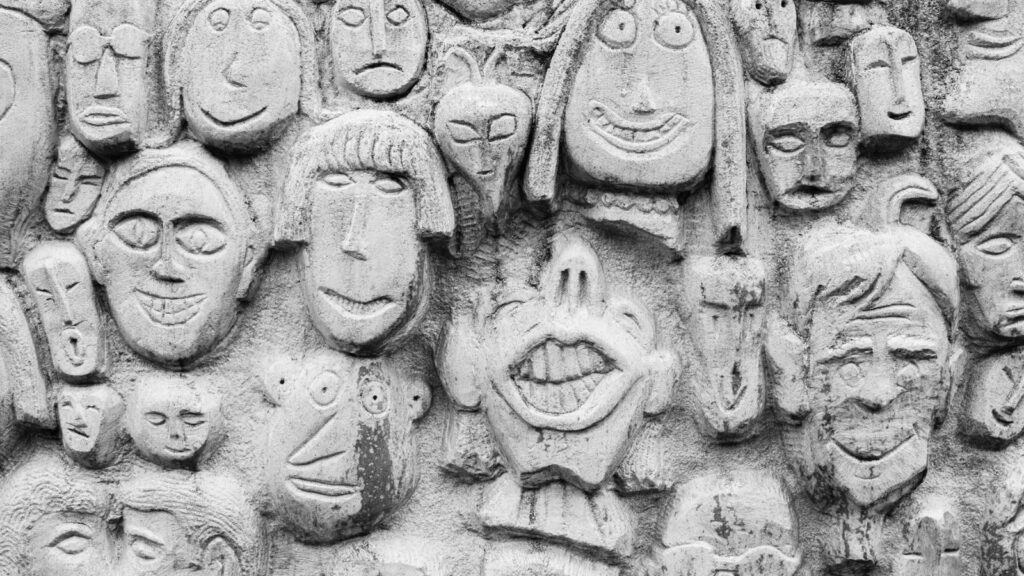We Are What We Live: How Life Experiences Shape Who We Become

Who is a good negotiator? Someone who can smartly talk their way into making the opposite party agree to the desired terms and conditions. Why are some people so good at negotiating while others hesitate? The most obvious answer is that those who develop or acquire good negotiation skills end up negotiating better deals, while those who lack these skills either hesitate to negotiate or lose in a negotiation.
However, there could be another explanation. It may have something to do with statistics. If someone tries to negotiate and loses the deal 9 out of 10 times, they brand themselves as a bad negotiator and lack confidence to negotiate again. However, those 9 failures might have been due to circumstances, context or coincidence. The person losing may not have been responsible for any of those defeats, but the impact is profound. They begin to think of themselves as a bad negotiator. Those nine defeats may also have been staged by destiny to shape a person’s personality, making them either a good or bad negotiator.
Are you short-tempered? Maybe because, more often than not, you were misunderstood, and it kept happening repeatedly over decades, convincing you that people don’t understand you. As a result, you lose patience and reasoning abilities, making you short-tempered. On the other hand, people who remain calm and seem good at resolving matters peacefully may have had it smooth in the past, allowing them to build a belief that composure always works.
This brings up a question. Is a newborn child really a clean slate, or is it born with a pre-programmed psychology and behaviour? Can two genetic clones be raised into completely different individuals? Using examples of identical twins may not be appropriate because they are twins, not clones.
Someone who does not like to socialise may have developed this mindset over decades of undesirable interactions with society. Are introverts born or created? I argue that they are created over a series of unpleasant experiences spanning decades, because of which people think avoiding others is a better option, thus turning them into introverts.
Behaviour and personality moulding happen due to outside influences, external stimuli as we call them, but the person does not realise that they are being programmed. They often credit themselves for the positive aspects of this programming and discredit themselves for the negative ones, eventually accepting and living with the personality that has been formed.
These personality-programming events keep occurring throughout life, often quietly. A child born to a billionaire should grow up to be an accomplished and positive personality, but it does not always happen. While everything may seem perfect on the surface, there will be many micro-events in the child’s life that will shape their personality and behaviour.
There are two possible theories. Let’s first discuss the common thread. This article argues that the majority of a person’s behaviour and personality are shaped by events, circumstances and situations that occur repeatedly over a long period of time. Having mentioned this common thread, the two possible scenarios are: coincidences leading to the occurrence of specific events that shape a person’s personality, or such occurrences being pre-destined to carve out a specific personality that fits the larger design.
Ultimately, whether due to coincidence or destiny, we are what we live.
Suggested Read | The Cosmic Algorithm: Is Free Will Real, or Are We All Slaves to a Super-Intelligent Cosmic Master?










